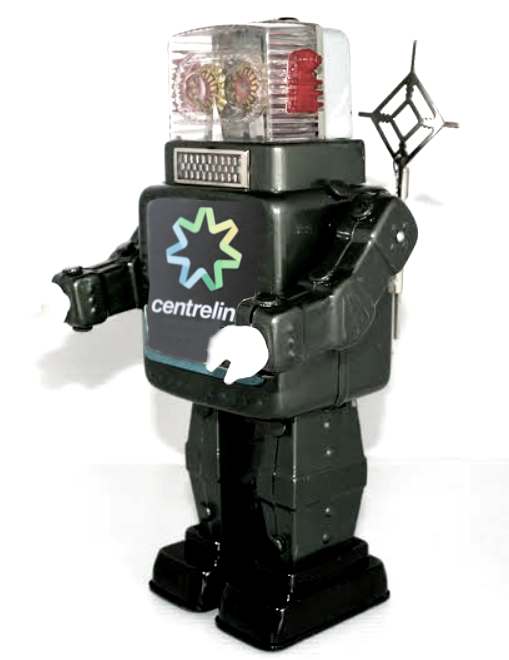Robodebt payback tops $220m
 The total amount of Robodebt refunds is now $224 million, paid to 145,000 people.
The total amount of Robodebt refunds is now $224 million, paid to 145,000 people.
A Senate inquiry has heard new details of the scheme, which was ditched earlier this year after being ruled unlawful, and is the subject of a class action lawsuit.
‘Robodebt’ refers to data-matching technology which automatically issued notices to welfare recipients after comparing their reported income with their income as measured by the Australian Tax Office.
In November 2019, the Federal Court of Australia found income averaging was not reliable enough to be used as the sole reason for issuing debts.
Prime Minister Scott Morrison has apologised in Parliament for the scheme.
“I would apologise for any hurt or harm in the way that the Government has dealt with that issue and to anyone else who has found themselves in those situations,” he said.
“The business of raising and recovering debts on behalf of taxpayers is a difficult job.
“Of course I would deeply regret any hardship that has been caused to people in the conduct of that activity.”
Reports have surfaced (two examples, here and here) that people’s suicides were influenced by receiving debt notices before they died.
While giving evidence in a Senate committee hearing late last week, the head of the Department of Social Services Kathryn Campbell denied that people had died over Robodebt.
Labor Senator Deborah O'Neill had expressed to Ms Campbell; “people have died over Robodebt”.
Ms Campbell refused to accept the claim.
“I do not accept those assertions that are being made, they are not correct,” she said.
“I do not accept that people have died over Robodebt.
“Suicide is a very difficult subject, we know mental health are very difficult.
“We have apologised for the hurt and harm, but none of us can imagine what goes on in individuals' lives.”







 Print
Print